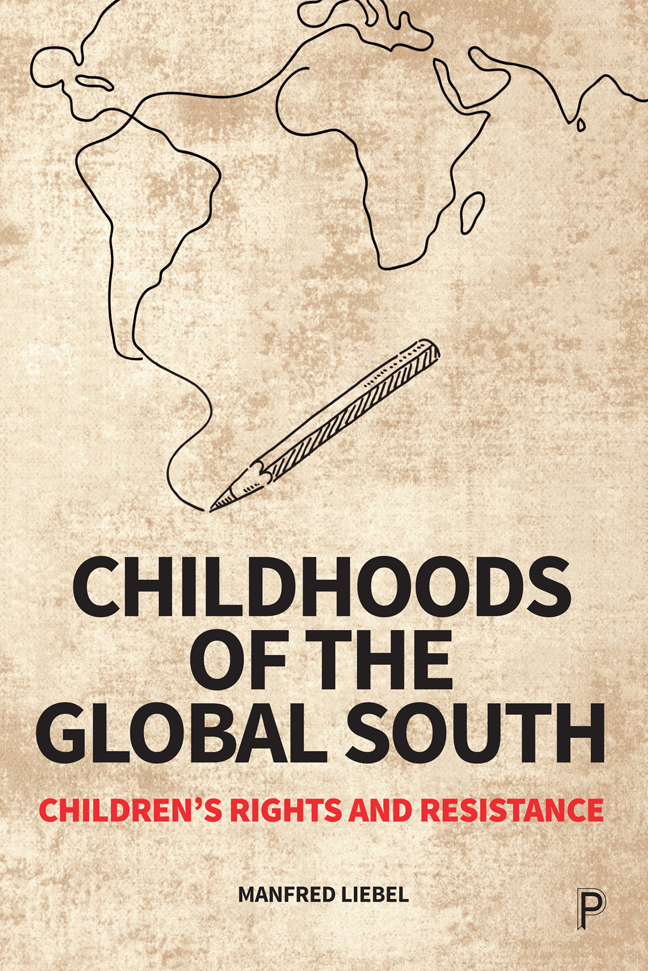8 - Children's protagonism: considerations for its reconceptualization
Published online by Cambridge University Press: 23 January 2024
Summary
Introduction
Since the emergence of youth movements in the second half of the 19th century, it has been pondered to what extent young people can be a force for change of social conditions. Mostly, social change or renewal is referred to in a general way. Such generalizing theories about ‘generations’ and their relationship to each other were already formulated in the 1920s (see Mannheim, [1928] 1952; Mead, 1970; 1973). The debate eventually extended to young people, who today are subsumed under the life phase of childhood. This is expressed not only in terms such as ‘Young Pioneers’ (in the communist movement), but in the meantime also in numerous statements by UN bodies in which children and young people are declared to be bearers of hope for a better world. Since the adoption of the UN Convention on the Rights of the Child (CRC) in 1989 at the latest, the debate on children's rights has also gone beyond questions of child protection and aims at greater social and political participation of children. In the ‘new sociology of childhood’ that emerged since the 1980s and is being newly constructed until today, children are explicitly attributed ‘agency’ and research approaches are developed in which children are granted an active part as producers of knowledge.
The discovery of the young generations as ‘agents of social change’, however, was not the same for all children and young people. So far, the understanding of children as agents of social change has been limited to those younger generations who more or less conform to the pattern of bourgeois childhood and youth, even if they rebel against the bourgeois order, as in the case of the first youth movements. Numerous children and young people who deviated from this pattern in their social behaviour, for example by skipping school or, mostly due to precarious living conditions, who lead a ‘sub-proletarian’ life of their own liking, were branded as ‘neglected’ and a danger to the existing society or the ‘disciplined’ class struggle. In Germany, before and after the First World War, some of these children and young people had come together in groups that named themselves ‘wild cliques’ (see Lessing and Liebel, 1981; Rosenhaft, 1982).
- Type
- Chapter
- Information
- Childhoods of the Global SouthChildren's Rights and Resistance, pp. 165 - 180Publisher: Bristol University PressPrint publication year: 2023

